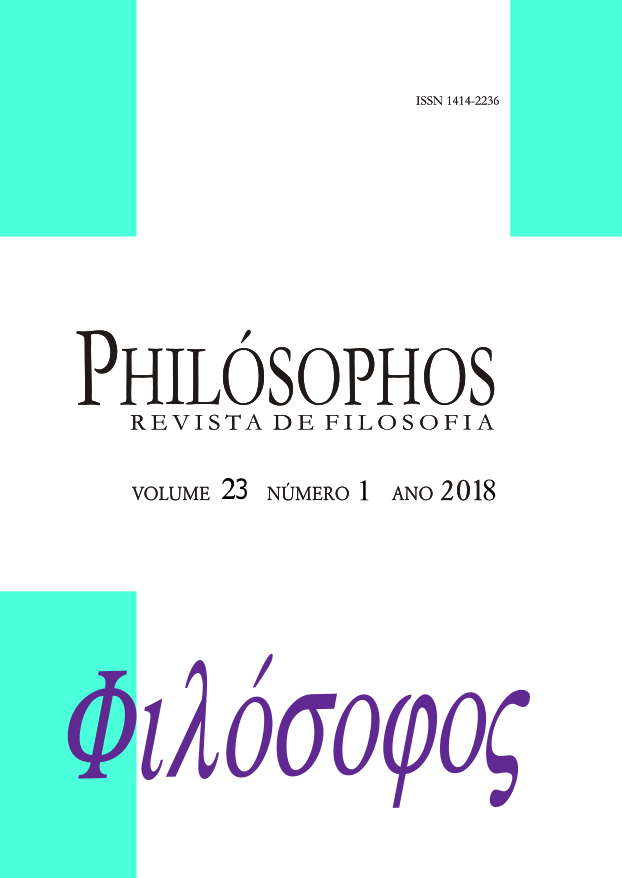Secularization and religion as essential to man
DOI:
https://doi.org/10.5216/phi.v23i1.49558Keywords:
Secularization, J.-J. Rousseau.Enlightenmen, Social Contrat.Abstract
Discussing secularization, whatever the field of knowledge is, means to obligatorily treat of human behaviour in social relations. Over the past three centuries, such comprehension has been alluding to the modern ideal of establishing a society with the right to organize its civil order having the reason, free of any control from religious authority, as the only resource. Rousseau, who presented, in The Social Contract, elements like defense of sovereignty and general will, appears to be controversial when he, at the end of his work, proposes a Civil religion. It is hard to understand why, in the very first books of The Social Contract, there are statements that suggest that the State is an autonomous political body that admits that the law created by its own people is expression of the conditions of civil association while, surprisingly, after substantiating the meaning of autonomy, Rousseau finishes his work proposing a Civil religion, which means that religion is a fundamental element of society. Rousseau is certainly a mark in the diffusion and comprehension of secularization, but it is necessary to acknowledge the fact that he has esteem for religion, while other rationalists either would simply get rid of it or had deist, philosophical or abstract ideas, whereas Rousseau's ideas would rather refer to feelings, as well as religion.
Downloads
Downloads
Published
How to Cite
Issue
Section
License
Authors who publish in this journal agree to the following terms:
- Authors retain copyright and grant the journal right of first publication, with the work simultaneously licensed under a Creative Commons Attribution License that allows others to share the work with an acknowledgement of the work's authorship and initial publication in this journal.
- Authors are authorized to enter into separate, additional contractual arrangements for the non-exclusive distribution of the journal's published version of the work (e.g., publishing in an institutional repository or as a book chapter), with an acknowledgement of its authorship and initial publication in this journal.















